
Anodin P Oral Suspension
Manufacturer
Azalea Biotec Private Limited
Salt Composition
Ibuprofen (100mg) + Paracetamol (162.5mg)
Key Information
Short Description
Anodin P Oral Suspension is a combination of two medicines, ibuprofen and paracetamol, used to reduce pain and fever in children and infants.
Dosage Form
Oral Suspension
Introduction
Anodin P Oral Suspension is a combination of two medicines: Ibuprofen and Paracetamol. To make the most of this medicine, adhere to the prescribed dose, time, and way while giving this medicine to your child. Give it to your child orally, preferably after meals as this will prevent the chance of developing an upset stomach. If your child vomits within 30 minutes of taking Anodin P Oral Suspension, give the same dose again. In case it is already time for the next dose, skip repeating it. Never give more than the recommended dose for fast relief as that may cause unwanted effects in your child.
Directions for Use
Take this medicine in the dose and duration as advised by your doctor. Check the label for directions before use. Measure it with a measuring cup and take it by mouth. Shake well before use. Anodin P Oral Suspension is to be taken with food.
Safety Information
Side Effects
No common side effects listed
Alcohol Warning
It is unsafe to consume alcohol with Anodin P Oral Suspension.
Breastfeeding Warning
Anodin P Oral Suspension is safe to use during breastfeeding. Human studies suggest that the drug does not pass into the breastmilk in a significant amount and is not harmful to the baby.
Pregnancy Warning
Anodin P Oral Suspension may be unsafe to use during pregnancy. Although there are limited studies in humans, animal studies have shown harmful effects on the developing baby. Your doctor will weigh the benefits and any potential risks before prescribing it to you. Please consult your doctor.
How it works
Anodin P Oral Suspension is a combination of two medicines: Ibuprofen and Paracetamol. It works by blocking the release of certain chemical messengers that cause fever, pain, and inflammation (redness and swelling).
Quick Tips
Anodin P Oral Suspension is used to reduce pain as well as fever in children and infants Maintain a log of your child's temperature. If you do not see any improvement, contact your child's doctor for advice. Give plenty of fluids to your child if diarrhea occurs as a side-effect. Never give any other medicine formulation containing paracetamol along with this medicine as that may lead to serious side effects. Stop the medicine and consult your child's doctor in case your child exhibits allergic rash or stomach pain soon after taking this medicine. If Anodin P Oral Suspension does not seem to be helping your child, contact your doctor for advice. Do not give extra doses.
Related Medicines

Ibugesic Plus Suspension Orange
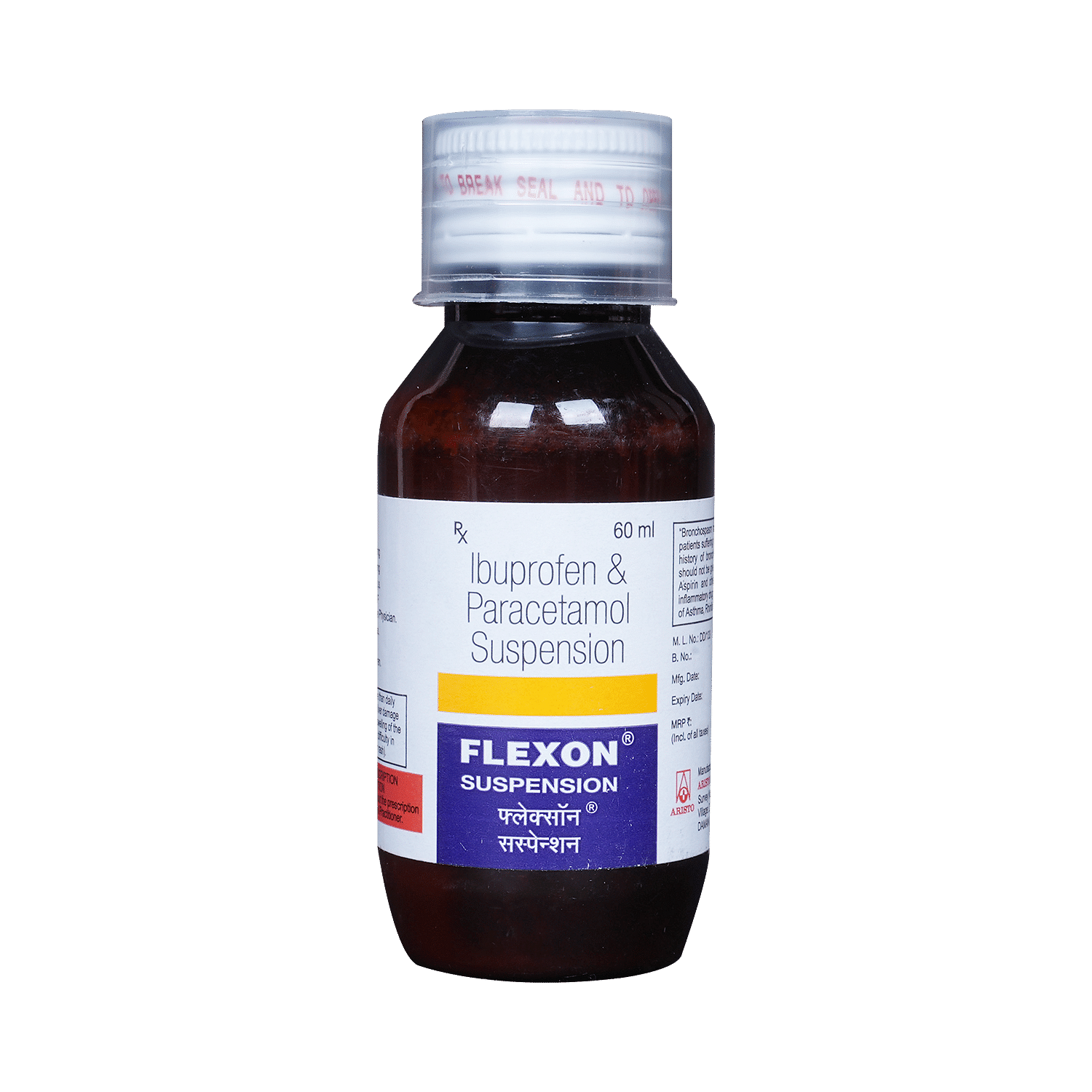
Flexon Suspension
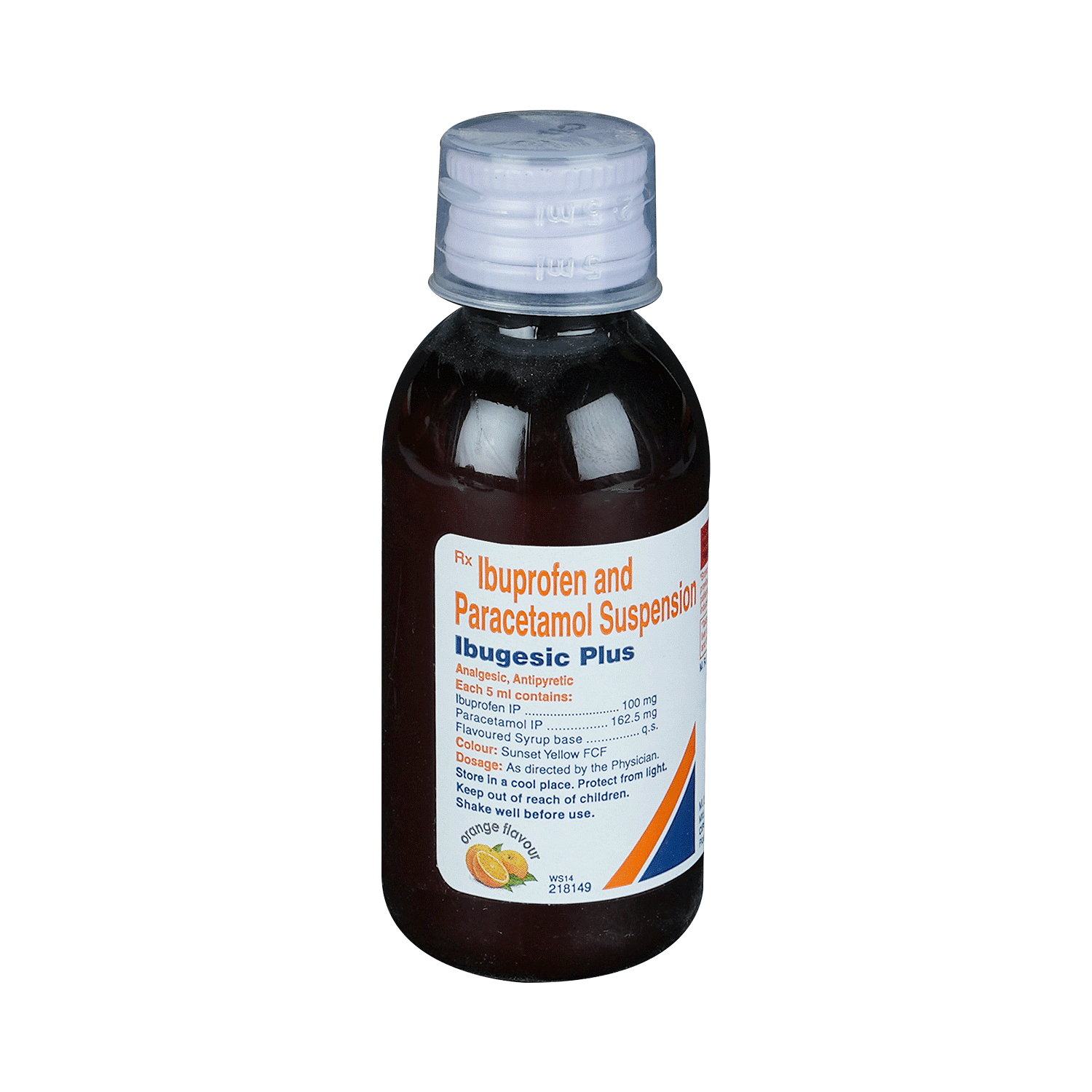
Ibugesic Plus Suspension Orange
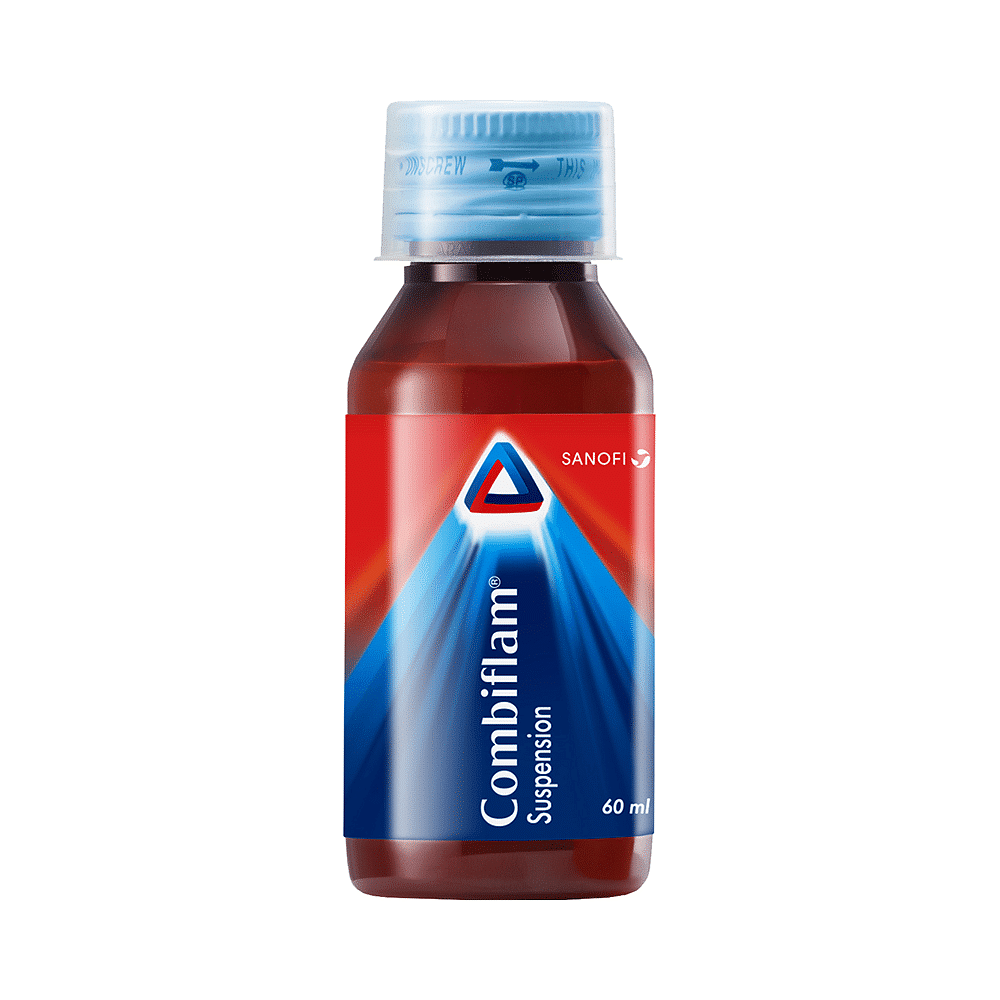
Combiflam Suspension
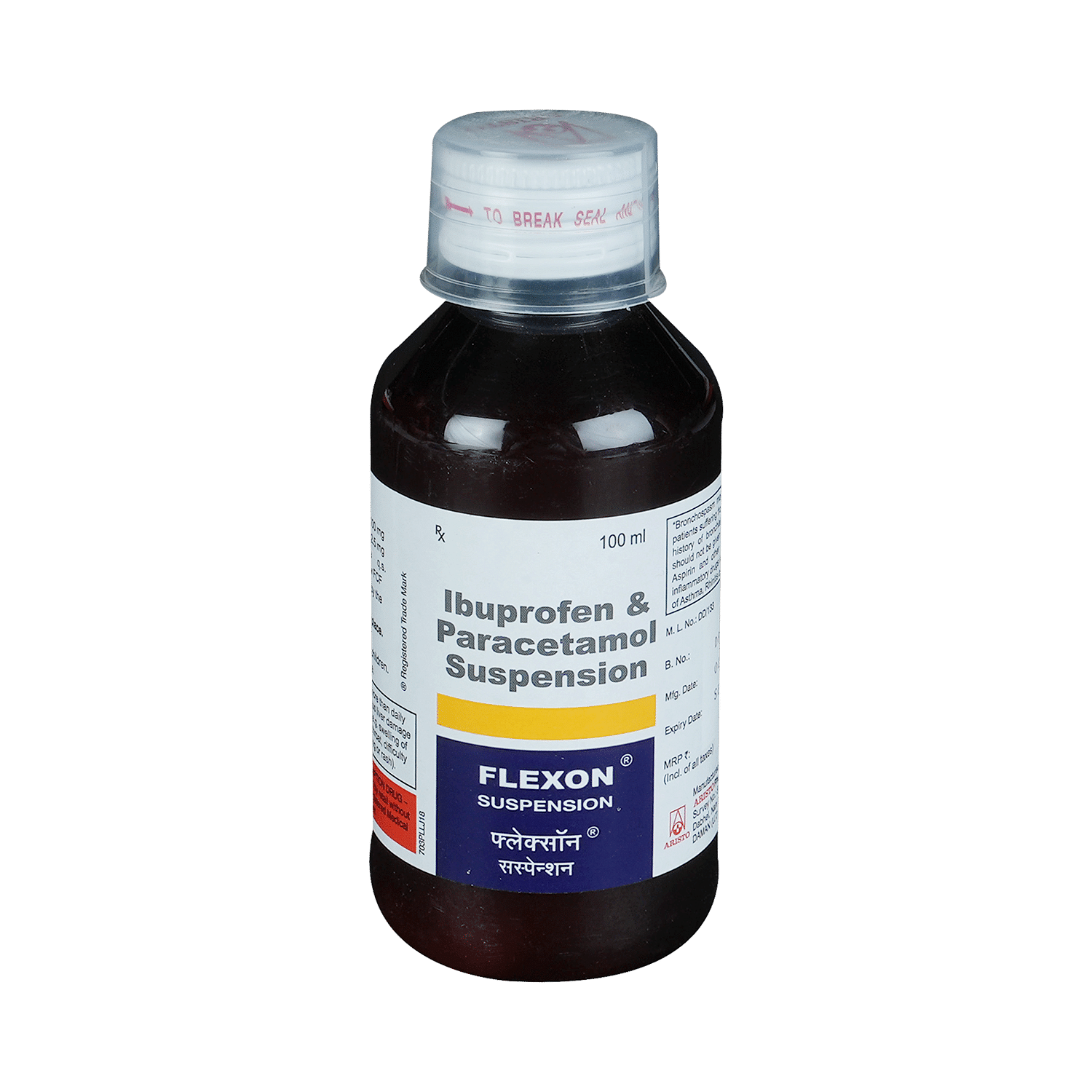
Flexon Suspension
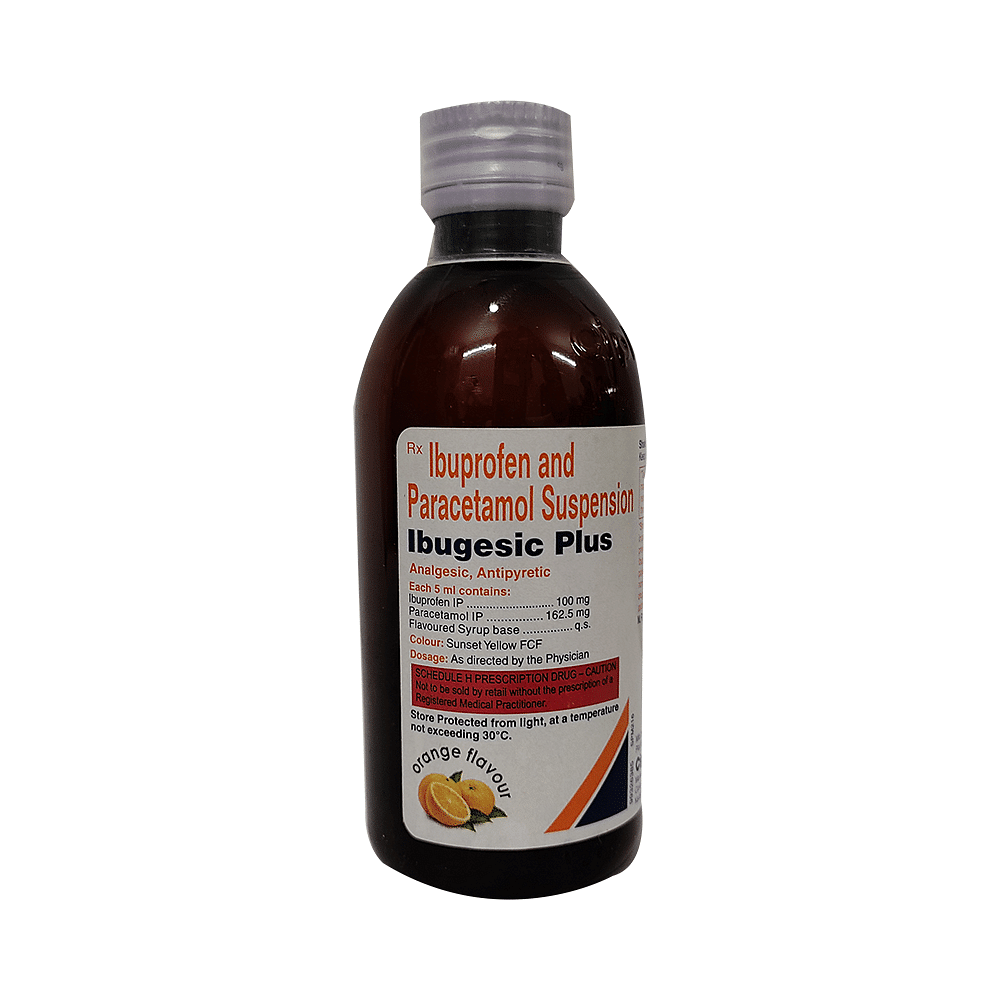
Ibugesic Plus Suspension Strawberry

Megmadol Plus Oral Suspension
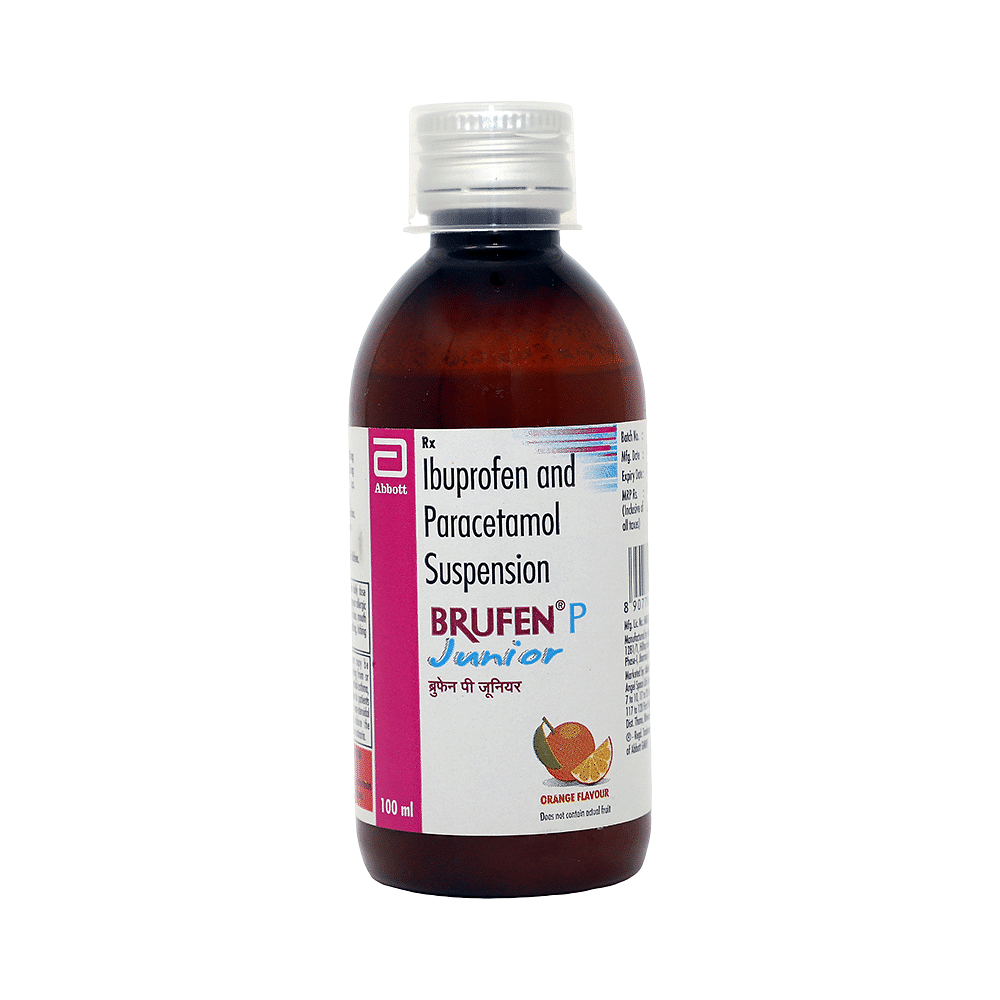
Brufen P Junior Oral Suspension Orange

HV Relief Oral Suspension

Rifmol IP Oral Suspension
Frequently asked questions
When will my child feel better?
The duration of recovery with Anodin P Oral Suspension for your child varies depending on the severity of the infection. It can take a few days to weeks, and you might need to continue giving it as advised by your doctor. You should observe a reduction in pain or fever and note that your child will start feeling better soon. Please consult your doctor if your child experiences no improvement after completing the full prescribed course of medicine.
My child's fever persists even after taking Anodin P Oral Suspension. What should I do?
If the fever doesn't subside after a few doses, it could be indicative of an ongoing infection (either viral or bacterial). It is recommended to seek advice from your doctor for appropriate treatment.
Can I increase or decrease the dose of Anodin P Oral Suspension for my child by myself based on the severity of the illness?
No, it's not recommended to adjust the dosage of this medicine without consulting a doctor. Altering the dose could lead to potential toxicity, and sudden reductions may bring back symptoms. Please consult your doctor if you feel that the dose needs adjustment.
How should Anodin P Oral Suspension be stored?
Anodin P Oral Suspension must be stored at room temperature, in a dry area away from direct heat and light. Additionally, ensure all medicines are kept out of reach and sight of children to prevent accidental intake.
Can all children receive the same dose of Anodin P Oral Suspension?
No. The appropriate dose for your child will vary based on their age and weight, as determined by their doctor. Remember, dosing is unique to each child, so it's crucial to follow the prescribed dosage by your doctor. Never self-adjust the dose without consulting a medical professional.
Can I give Anodin P Oral Suspension on a routine basis when my child is taking a vaccine?
Anodin P Oral Suspension does not usually interfere with the ingredients in vaccines or trigger adverse reactions. However, it's generally advisable to wait for your child to recover from the current illness and complete the course of medication before administering any new vaccinations. Once the child feels better, the vaccination can be given.
Are there any serious side effects of Anodin P Oral Suspension for my child?
While generally well-tolerated by children, if you notice your child experiencing severe symptoms like persistent vomiting, swelling, paleness, weakness, decreased urine frequency, or a significant allergic reaction, immediately seek medical attention.


